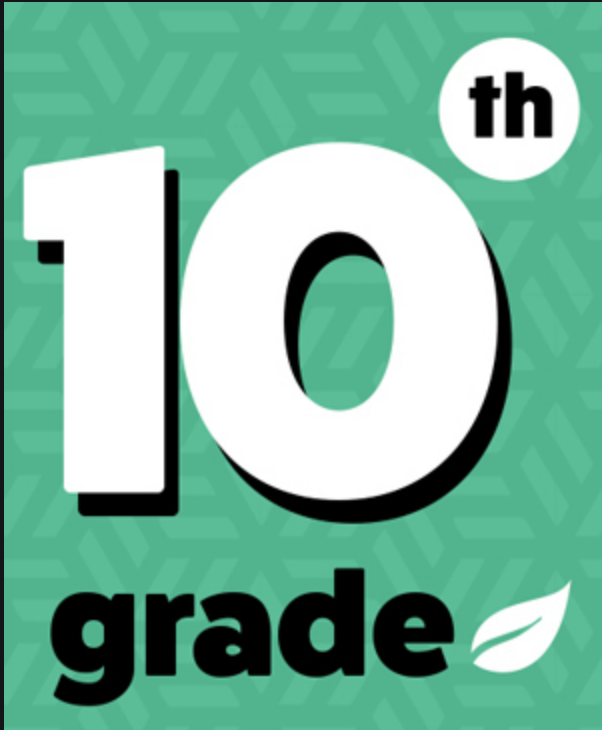So much to do, so little time! It’s easy to fall behind and miss important deadlines and milestones. The InLikeMe senior year planning list can help you stay on track and be successful.
Senior Year:
- Review college materials, guidebooks, etc. to narrow your college list. Visit web sites, take virtual (or in-person) tours. Attend college fairs and presentations.
- Finalize a college strategy with your counselor, parents and other advisors.
- Schedule multiple planning and status meetings with your counselor.
- Consider Gap Year opportunities, if appropriate.
- Review extracurricular activities. If you need more, and it’s not too late, seek out additional opportunities (activities, work, community service, college programs) with “college appeal”.
- On-going conversations with family, friends, teachers and your counselor about colleges, majors and potential careers.
- If you’re seeking additional direction, discuss with your counselor and use self-assessment tools such as MyRoad and ASVAB. See InLikeMe commentary: Finding Direction
- Register for Fall SAT and/or ACT— if you are looking to improve your scores.
- Prepare preliminary college list. Take a second look at the schools on your list.
- Finalize college list with your family and guidance counselor. Decide on 10 to 20 “good fit” colleges (25% – reach, 50% – match, 25% – safety) based on your academics and other factors.
- If you have a clear “first choice” college, consider applying for early action or early decision.
- Pay special attention to any admissions and scholarship application deadlines.
- Create a file for each of your college choices—and keep all materials organized.
- Set up a master schedule of all your application deadlines.
- Identify teachers and others willing to write strong recommendations.
- Begin brainstorming ideas for college essays.
- Prepare for college interviews.
- Request (or download) any applications that you do not have.
- Carefully review each college’s application and requirements.
- Review “College Folder” and prepare resume of accomplishments and achievements.
- Attend college fairs and gather information
- Research scholarships and grants.
- Begin work on college applications and drafts of essays.
- Have standardized testing services send your scores to your list of colleges.
- Finalize drafts of essays, following edits, rewrites, and reviews (family, friends, teachers, advisors).
- Be sure your guidance counselor knows your final list of colleges, as well as your preferences.
- Request key financial aid and scholarship information from your list of colleges.
- Start a detailed financial aid search, including outside sources for scholarships and loans. If applying for financial aid, obtain and complete the Free Application for Federal Student Aid (FAFSA) form.
- Keep track of your college applications; be sure applications & supporting materials—scores, transcripts, recommendations, etc. – are sent and received.
Throughout High School:
- Extracurricular Activities: Find activities, work, community service & experiences you enjoy with “college appeal”. Get involved. Seek out opportunities to develop leadership roles. Depth, not breadth, of experience is critical as most colleges now prefer to see fewer activities that really interest you where you are involved in a significant way. Evidence of passion, leadership, initiative, commitment and meaningful engagement is crucial.
- Grades: Junior year is most important followed by first semester senior year. Freshman and sophomore grades are typically less significant especially if there is a pattern of improvement.
- Challenging Courses: A rigorous class schedule shows that you are intellectually curious, willing to challenge yourself and are comfortable working hard.
- College Folder: Seek opportunities to build your resume and keep a file of all activities awards, honors, community service hours, leadership positions, etc.
- Intellectual Enrichment / SAT & ACT Prep: Sign up for “Word/Article/SAT Question of the Day”. Read challenging articles & books.
- Get Acquainted With College: Check out college web sites, visit college and attend college fairs.
- Self Assessment: Determine which courses you like / dislike and why. Examine your interests, preferences, aptitude and related careers with self-assessment tools such as MyRoad, ASVAB, PersonalityType and Humanmetrics.
- SAT II (Subject Tests): It’s best to take these tests when you complete a specific course (e.g. European History) even if it’s prior to junior year.
Author: Lynn Radlauer Lubell is the Publisher of InLikeMe.com, and the Founder of Admission By Design, a College Consultancy, based in Boca Raton, Florida.

Lynn Radlauer Lubell, Publisher of InLikeMe.com and Founder of Admission By Design, an Educational Consultancy based in Boca Raton, Florida.


